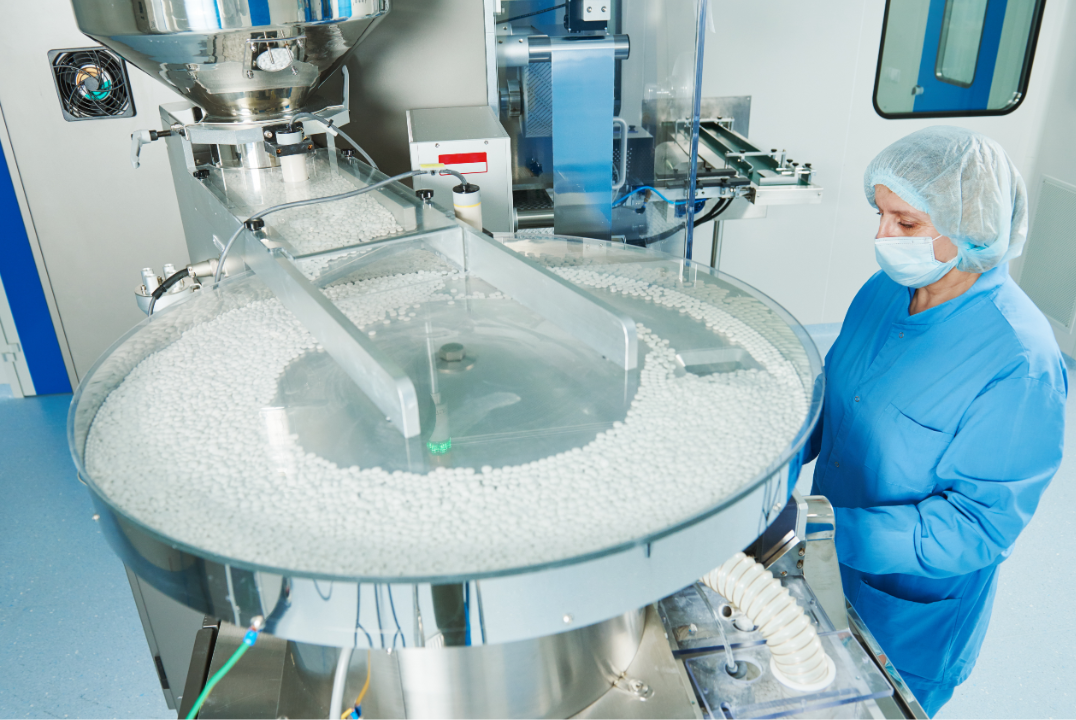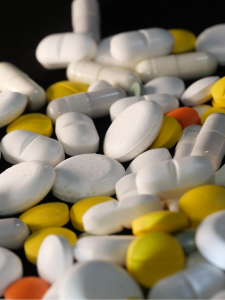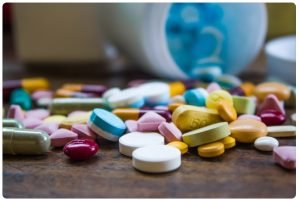Introduction to humidity control to Tablet Compression



Dehumidifiers play a crucial role in pharmaceutical tablet compression by helping to control the moisture levels in the production environment. Maintaining optimal humidity is essential for ensuring the quality, stability, and efficacy of pharmaceutical products, especially in tablet manufacturing. Here’s how dehumidifiers are used in tablet compression in a pharmaceutical company:
Material Stability: Many pharmaceutical raw materials, including active pharmaceutical ingredients (APIs) and excipients, are sensitive to moisture. Excessive humidity can lead to degradation, clumping, or changes in the physical properties of these materials, affecting the quality of the final tablet. Dehumidifiers help in maintaining a controlled environment to prevent such issues.
Tablet Formulation Consistency: Tablets are often produced through a compression process where powdered ingredients are compacted into a solid form. If the powder absorbs moisture from the environment, it can lead to variations in the tablet’s weight, hardness, and disintegration properties. Dehumidifiers help ensure consistent tablet formulation by keeping the manufacturing environment dry.
Preventing Capping and Lamination: Tablets can experience defects such as capping and lamination if there is excessive moisture present during the compression process. Capping refers to the separation of the tablet crown, while lamination is the splitting of a tablet into two or more layers. Dehumidifiers contribute to preventing these defects by controlling humidity.
Tooling and Equipment Protection: The tablet compression process involves the use of metal tools and equipment. High humidity levels can lead to corrosion of these tools, affecting their performance and potentially contaminating the tablets. Dehumidifiers help in protecting the integrity of the equipment and tooling.
Compliance with Good Manufacturing Practices (GMP): Pharmaceutical manufacturing facilities need to comply with strict GMP guidelines. Controlling humidity is a critical factor in maintaining the required conditions for GMP compliance. Dehumidifiers aid in creating an environment that meets these regulatory standards.
Quality Assurance: Maintaining a dry environment is crucial for quality assurance in pharmaceutical production. By using dehumidifiers, pharmaceutical companies can reduce the risk of moisture-related issues and ensure the consistency and quality of their tablet products.
In summary, dehumidifiers are employed in tablet compression processes in pharmaceutical companies to control environmental conditions, prevent moisture-related issues, and ensure the quality and consistency of the produced tablets.